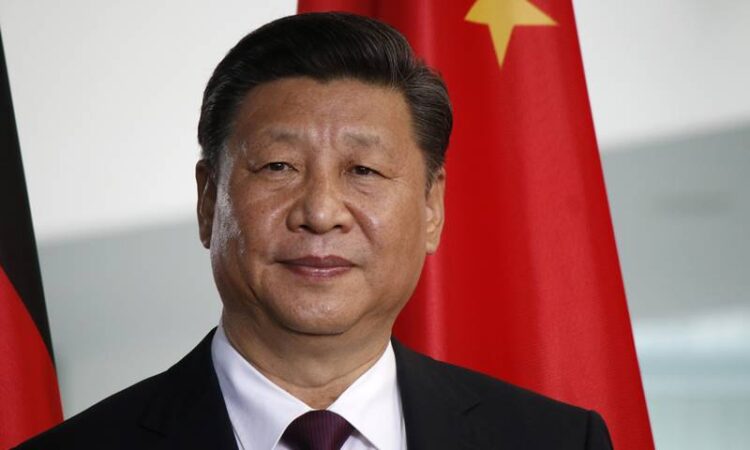
The simmering trade tensions between China and the European Union have taken a new turn, with China hinting at potential countermeasures targeting key European exports such as wine, dairy products, and aviation. This development comes in response to the EU’s ongoing anti-subsidy investigations into Chinese companies, a move that has not gone unnoticed by Beijing.
The European wine industry stands at the forefront of this brewing conflict. With France, Italy, Spain, Germany, and Portugal being the primary exporters to China, the stakes are high. France, in particular, is a heavyweight in this sector, accounting for nearly half of the EU’s wine exports to China. Although Chinese imports of EU wine have seen a decline in recent years, the market remains substantial. Official data indicates that EU wines constituted nearly 70% of China’s total wine imports last year, amounting to over US$777 million.
The implications of potential Chinese tariffs or restrictions on these exports are significant. An $800 million wine trade could face serious disruptions, jeopardizing the livelihoods of countless vintners and related businesses across Europe. For France, a country synonymous with fine wine, this is not merely an economic issue but a cultural one as well.
Wine is not the only sector at risk. The dairy industry, another critical export market for the EU, might also be affected. European dairy products enjoy a considerable market share in China, valued for their quality and variety. Any move by China to impose tariffs or restrictions could have a ripple effect, impacting everything from cheese to powdered milk.
The aviation sector, already grappling with the fallout from the COVID-19 pandemic, faces additional uncertainty. European aerospace companies have long been key players in the Chinese market. Retaliatory measures could disrupt this dynamic, potentially affecting both passenger and cargo air services. The interconnected nature of global aviation means that any turbulence in this sector could have far-reaching consequences.
The current situation is rooted in a series of EU investigations into Chinese companies, focusing on sectors like railway equipment, solar panels, and security technology. These probes are part of a broader effort to enforce new foreign subsidies regulations designed to ensure fair competition within the EU market.
Adding fuel to the fire, the EU has also initiated a trade probe into Chinese electric vehicles, further straining relations. These investigations are perceived by Beijing as targeted actions against its economic interests, prompting a robust response.
This is not the first time that China has used trade measures in response to EU actions. Back in 2014, a similar scenario unfolded when China threatened to investigate EU wines during a dispute over solar panels. More recently, in January of this year, China launched an anti-subsidy investigation into EU brandy, threatening a US$1.56 billion spirits trade.
The wine sector, in particular, has felt the brunt of these disputes. In 2021, China imposed hefty tariffs on Australian wines, reaching up to 218%. Although these tariffs were lifted in late March of this year, the episode serves as a reminder of how quickly trade policies can shift and the profound impact they can have.
The warning from Yuyuan Tantian, a Chinese social media account with close ties to state-owned CCTV, underscores the seriousness of the situation. The account cited “informed sources” to indicate that China is prepared to retaliate if the EU persists with its current actions. A Chinese lawyer quoted by Yuyuan Tantian highlighted the EU’s reliance on the Chinese market, particularly in the wine, dairy, and aviation sectors.
The European Chamber of Commerce in China has also weighed in, describing the potential countermeasures as “significant.” In a statement reported by Bloomberg, the Chamber emphasized the vulnerability of European exports in the face of such threats. The Chamber’s concerns are shared by many within the European business community, who see the ongoing investigations and potential Chinese retaliation as a serious risk to their operations.
As the EU continues its investigations and China contemplates its response, the global trade landscape faces a period of heightened uncertainty. Businesses and policymakers alike will need to navigate these choppy waters with caution. For European exporters, particularly those in the wine, dairy, and aviation sectors, the coming months could bring significant challenges.
Ultimately, the hope is that cooler heads will prevail, and that dialogue and negotiation will prevent a full-blown trade war. In the meantime, all eyes will be on the developments in this evolving story, as both sides weigh their options and prepare for the next move.






